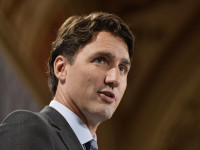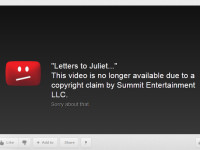The Trans Pacific Partnership agreement is still not public – the text may not be released for sometime – but with the leak of the intellectual property chapter, the implications for Canadian law is already well known. Despite the prior government’s claims that the deal was largely consistent with current law, the reality is that the TPP will require significant changes to Canadian copyright.
The biggest change is a requirement to extend the term of copyright from life of the author plus 50 years to life plus 70 years. The additional 20 years will keep works out of the public domain for decades. The New Zealand government estimates that this change alone will cost NZ$55 million per year for a country that is one-ninth the size of Canada. Moreover, New Zealand was able to negotiate a delayed implementation of the copyright term provision, with a shorter extension for the first 8 years and only after the full extension. The TPP also would appear to bring a copyright takedown system to Canada without the involvement of Canadian courts and potentially without the application of Canadian copyright law.











